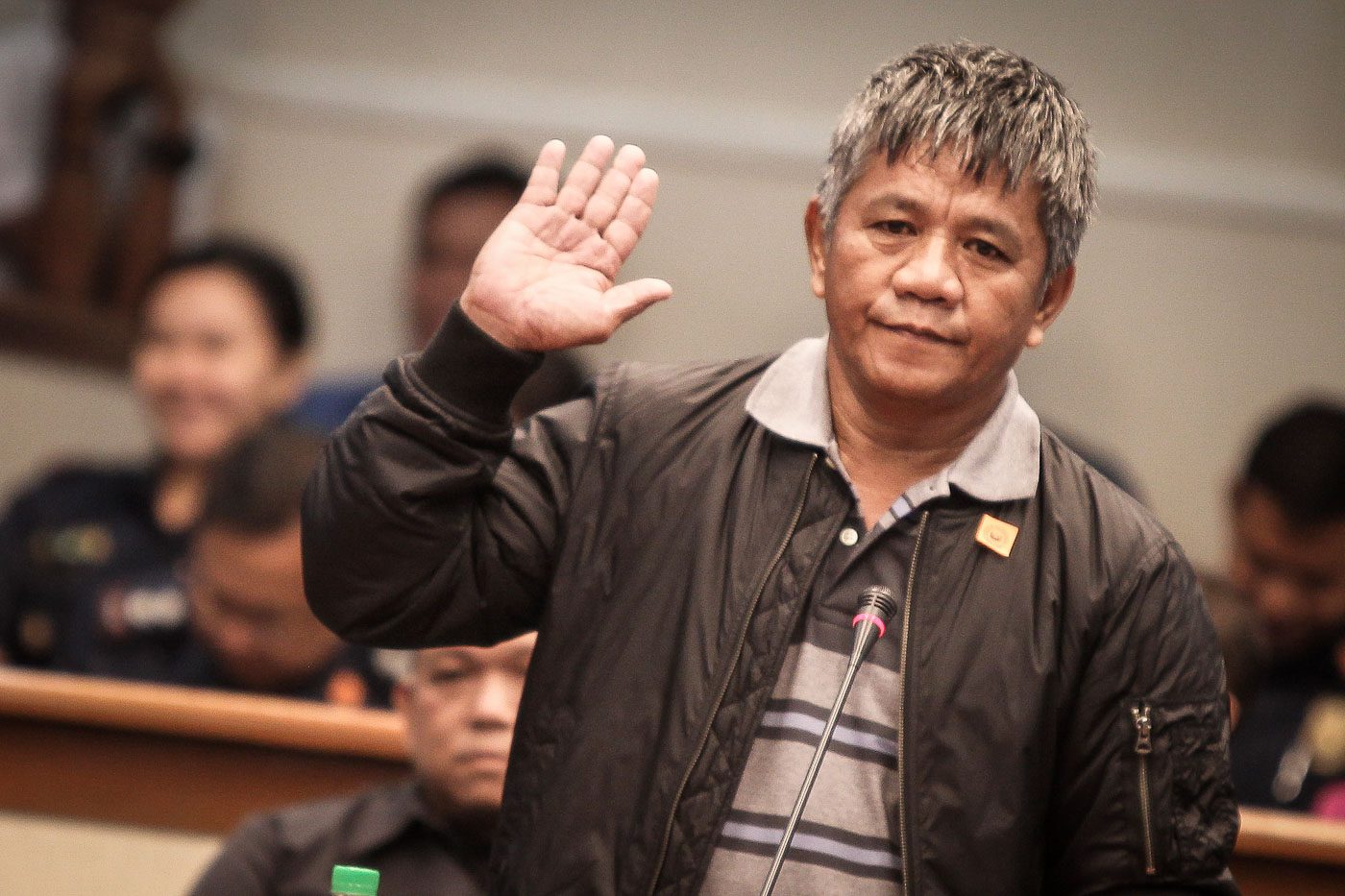SUMMARY
This is AI generated summarization, which may have errors. For context, always refer to the full article.

I don’t remember anything more revealing of the pathology of official power than the insider testimony given today at a Senate hearing on a reign of murder and terror in and around Davao City under Mayor Rodrigo Duterte, now the president.
Whistleblower Edgar Matobato has told in detail stories of how Duterte has turned members of the police and other security forces and some captured or surrendered communist rebels into a death squad under him and ordered them to kill more than a thousand suspects and personal and political enemies since 1988. He has himself confessed to taking part in at least 50 of these murders.
Among the victims, he has named Jun Pala, a radio news broadcaster critical of Duterte who was ambushed on the street in 2003. Matobato has spoken of a quarry that has served as a mass grave for more than a thousand victims, some of them chopped up presumably to make their identification difficult. According to him, there are other gravesites.
Explosive as it is, Matobato’s testimony, to be sure, has yet to be put through a more rigorous credibility test, but it should be revealing to know how his testimony will be taken by the public at large, though more revealing by the working allies and supporters of Duterte’s – members of the Cabinet and the Congress in particular.
Cayetano’s reaction
If the reaction of Senator Alan Peter Cayetano, as gleaned from his questioning at the Senate hearing, is any indication, Matobato, to them, is being used as a tool in a Liberal Party conspiracy to discredit and in the end force Duterte out of the presidency and to install its own Leni Robredo, the vice-president, in his place.
Cayetano’s position in fact has been the stock position taken lately by the Duterte camp toward just about any round of criticisms thrown at the President. And if Cayetano’s persistence in that position is shared by his camp in the face of such damning testimony as Matobato has given, the nation may be in for an even more worrisome time than it already is: Where the position becomes desperately untenable, martial law may well be a recourse.

Indeed, a mere month into his presidency, Duterte himself dropped the dreaded phrase, after the chief justice had reminded him of the democratic arrangement in which each of the three branches of government is left to its own role and powers – his (the executive), hers (the judiciary), and the legislature.
Obviously, the chief justice concerned herself more with the relationship between the first two branches. She was reacting to a public announcement by the President naming judges among public servants as being involved in drugs without, for the moment in any case, the flimsiest evidence to show.
Resenting what he took to be a suggestion that he had crossed the line – if not altogether flouted the rule of law, an accusation actually laid thick on him from many sectors, including international rights institutions and foreign officials – the President asked if the chief justice had rather that he declared martial law.
The warning has been dismissed widely, particularly in Congress, though, only predictably, given its all-too-obvious tendency to play ball with the Duterte regime.
It’s not at all surprising: the threat had been aired, dismissed, and shockingly fulfilled before – on September 21, 1972, thanks to Ferdinand Marcos. (READ: Martial Law: Here we go again)
History may well be returning for its unlearned lessons and, as is history’s wont, with a vengeance. Duterte’s own silence about martial law since he mouthed it for the first and only time is not at all reassuring.
And, if anything, Matobato’s testimony does not help. – Rappler.com
Add a comment
How does this make you feel?
There are no comments yet. Add your comment to start the conversation.